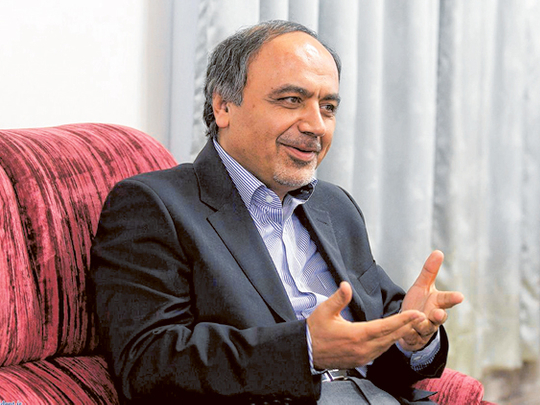
Tehran: Iran signalled its defiance on Saturday over America’s refusal to grant a visa to its chosen UN ambassador, saying it does not plan to pick an alternative envoy. Tehran also said it was examining its legal options over the row, which has undermined a cautious thaw in relations after decades of enmity following the storming of the US embassy in 1979 and the hostage crisis that followed.
Iran’s deputy foreign minister said the country was not considering any potential replacement for Hamed Aboutalebi, an experienced diplomat who has previously attended sessions at the UN headquarters in New York. Aboutalebi is a former ambassador to Australia, Italy and Belgium. As the host government, the United States is obliged to issue visas to diplomats who serve at the United Nations. It is believed that Washington has never previously denied a visa for a UN ambassador, although Tehran withdrew its nominee once in the early 1990s.
The episode reflects the impact that the hostage crisis — in which 52 Americans were held for 444 days in Tehran — still has on US perceptions of the Islamic Republic. Iran had slammed as unacceptable a previous US statement that the nomination of Aboutalebi was “not viable”.
Aboutalebi currently heads Rouhani’s political affairs bureau. Some of the former hostage takers are now moderates or reformers, including Vice President for Environmental Affairs Massoumeh Ebtekar, one of three women in the cabinet.












